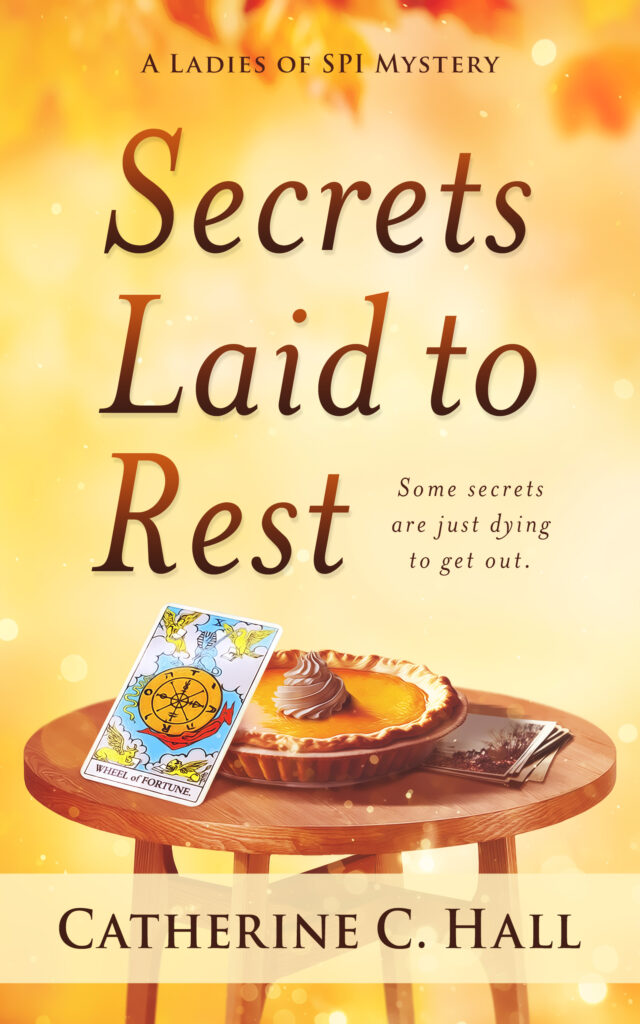Jason Ridler, Ph.D., has dedicated twenty years of his life teaching and guiding students to success in writing and history. His students have discovered passions for learning, sold novels, stories, and memoirs, and thrived in education from high school to grad school. In addition to teaching at Odyssey Writing Workshop, he also teaches creative writing at Google and history at Johns Hopkins University. He’s a graduate of the 2005 Odyssey Writing Workshop. Find out more at
www.jasonridler.com.
--- Interview by Nicole Pyles
WOW: Thank you for taking time to speak with me today! I wanted to dive deep into the course you are teaching. I find it interesting you are focusing on voice. How does the writing voice pull the reader into the story?
Jason: Your favorite author has a voice. You quickly recognize it once you’re attuned to their beats and tones. But stories have a voice, too, and finding the harmony between author voice and story voice creates a powerful experience for a reader. And, honestly, for the writer, too. That combined writing voice can pull the reader into the story by harmonizing literary devices with an attitude or melody that reflects the writer but also the unique requirements of an individual story.
WOW: Fantastic insight. How do you know when you've captured the right voice for the story?
Jason: One way: while drafting, you recognize the distinct element of the story more compelling than the rest. It could be a descriptive passage, dialog, a plot point, image, or character choice, etc. In improvisational theater, we call this element the “shiny thing.” The emergent phase of writing will always have dross, it never comes out whole, but once you find the shiny thing that makes this story engaging you can then shape the rest of the story to maximize that element. It will inform word choice, sentence structure, and more. The “shiny thing” becomes the lodestar for creating the voice of the story through the voice of the writer.
WOW: That's a great description. In your course, you teach others how to discover their stories' voice. What techniques do you use?
Jason: We investigate three facets of voice - subject matter, emotional lenses, and structure. First, we spend time trying to unpack what we wish to write about. Not just content, but why YOU want to write about X, Y, Z. We consider meaning. There are layers of meaning within your interests that, if mined, you can use to inform the story’s voice in ways that may not be obvious at first blush. The results of that digging are often more thematically rich and compelling than a surface level note about, say, liking
Star Wars. Sure, but why? With a little digging the deeper reasons may in fact surprise you!
We then explore the role of emotion in informing your point of view and world choice, akin to method acting, but also from literary approaches from the likes of Lucius Shepard and Gary Braunbeck. Gary's work taught me that voice demands a deep consideration of emotional reality. You can't read his work without being in the presence of a powerful voice.
And, we look at the role of structure, including less conventional modes of it. The same story told in a three-act structure will have a different impact and integrity if written as anonymous advice cards to HR about the creepy guy at work who never sleeps. Less conventional forms offer more means for novelty and mystery than you might think. One of my students' best stories was written in the form of posts on a version of the social media platform NextDoor, complete with comment threads, emojis and fuzzy pictures. No one could put it down. And it would have been far less evocative if it was about someone reading a screen who wants to solve the mystery of what happened to Mrs. Orchard.
WOW: I love how you help writers connect with voice. This sounds so helpful. What can students expect by taking your course?
Jason: Fun! I agree with Jane Yolen that while writing is labor, skilled labor for pros, that does not mean it has to be misery. That’s a myth, or a choice for those who may need it to be true. It is the love of the art that makes many hardships bearable or even fun. The creation of art should have elements of joy and desire, the antic and the fecund, to shake us out of patterns and assumptions and grow our skill set. That said, I also love miserable writers!
I take examples from literature, theater, history, con artistry, and movies as well as genre fiction. I’m also a sketch comedy writer and improv actor and believe that teaching is a form of performance. You can’t have students retain knowledge if you’re dull as dirt. Subject matter expertise has NEVER made someone a good teacher. Ever. Teaching is an art assumed to be easy but requires as much skill as writing to do well.
WOW: Ha, I had to laugh about you loving miserable writers. So, who is the course right for?
Jason: Intermediary writers, maybe with a sale or close to getting one. Beginners who are serious about the craft of writing are most welcome, too.
WOW: Good to know! You have a lengthy history teaching students. What is one of the most important lessons you've gained as an instructor?
Jason: Teaching high school made it clear every student learns in their own way. So, there can be no one best method to teach anything. I subscribe to a breadth approach. Learn more tactics, skills, learning modalities, and you’ll have a greater chance of finding the right tools for different students than if you’re still using the same tool kit stolen from John Gardner’s The Art of Fiction (Gardner himself was excellent at teaching his students to write the best version of their stories their own way, not the way that worked for him).
WOW: I really appreciate that approach. What has your experience been taking Odyssey Writing Workshop courses?
Jason: I graduated from the onsite course. In that environment, I was able to maximize my learning through the concentrated, six-week study and practice. What might have taken two years of trial and error was branded in six weeks. Sold a pro-rate story from that workshop when I got home, too!
WOW: How awesome! Thank you again for speaking with me today.


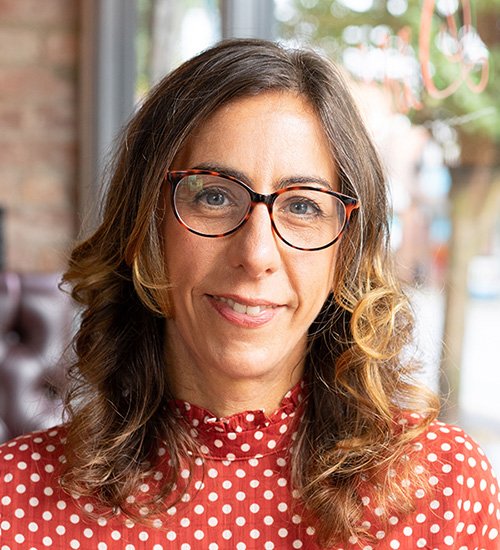
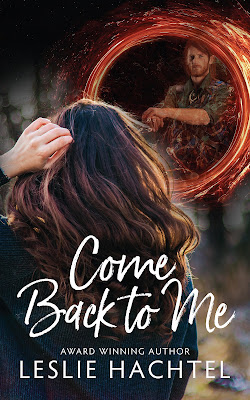





.jpg)
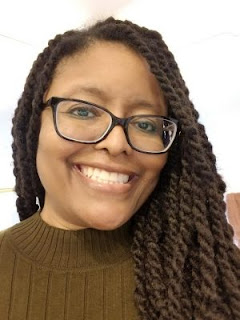


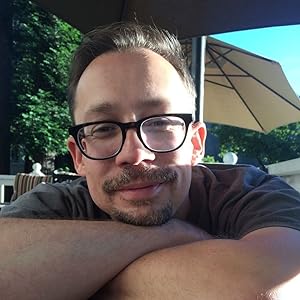

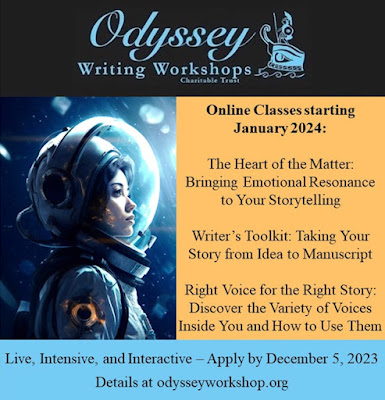
.jpg)

